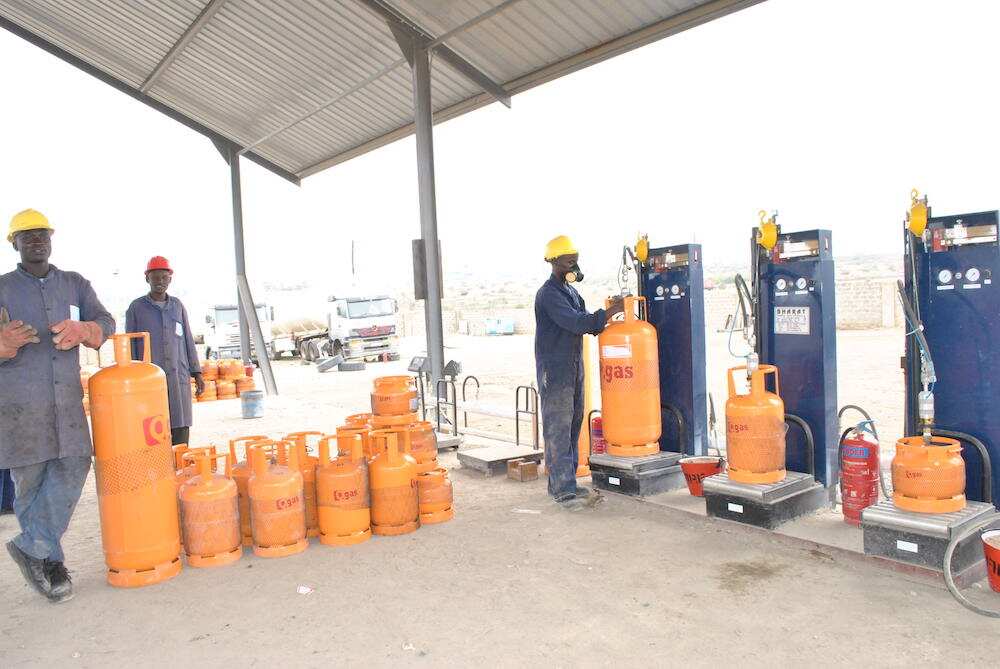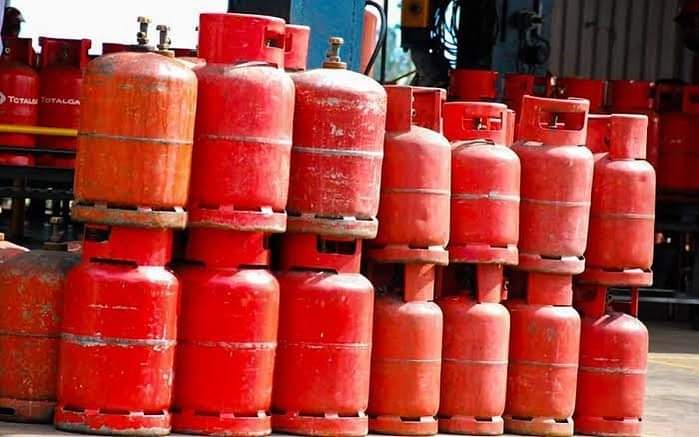Mr Ekperikpe Ekpo, Minister of State Petroleum Resources (Gas), has directed the Nigerian National Petroleum Company Ltd. (NNPC Ltd.) and Liquefied Petroleum Gas (LPG) producers to stop LPG export with effect from Nov. 1.
Ekpo issued the directive on Tuesday in Abuja at a meeting with stakeholders to address the skyrocketing price and its attendant hardship on Nigerians.
The minister, in a statement by his spokesperson, Louis Ibah, expressed deep concern over the continuous increase in LPG price in the country.
“On the short term solution, with effect from Nov. 1, 2024, NNPC Ltd. and LPG producers are to stop exporting LPG produced in-country, or import equivalent volumes of LPG exported at cost reflective prices.
“On pricing framework, the Nigerian Midstream and Downstream Petroleum Regulatory Authority (NMDPRA), will engage stakeholders to create a domestic LPG pricing framework within 90 days indexing price to cost of in-country production.
“This is rather than the current practice of indexing against external markets, such as the Americas and Far East Asia, whereas the commodity is produced in-country and Nigerians are required to pay higher price for an essential commodity the country is naturally endowed with.
“On long-term solution, within 12 months, facilities will be developed to blend, store, and deliver LPG, ending exports until the market achieves sufficiency and price stability,” he said.
He explained that the directives were a step towards addressing the inherent challenges and ensuring that Nigerians have access to affordable cooking gas.
He said the new measures would improve availability and ensure affordability to protect Nigerians from the economic hardship caused by LPG price hike.
Recall that in a bold move to tackle its soaring price, the minister had established a high-level committee in Nov. 2023, led by the Chief Executive, NMDPRA, Mr Farouk Ahmed, comprising key stakeholders in the LPG value chain.
However, in spite of the effort to address the issue, prices have continued to fluctuate, recently soaring to N1,500 from an average of N1,100 – N1,250 per kg.



